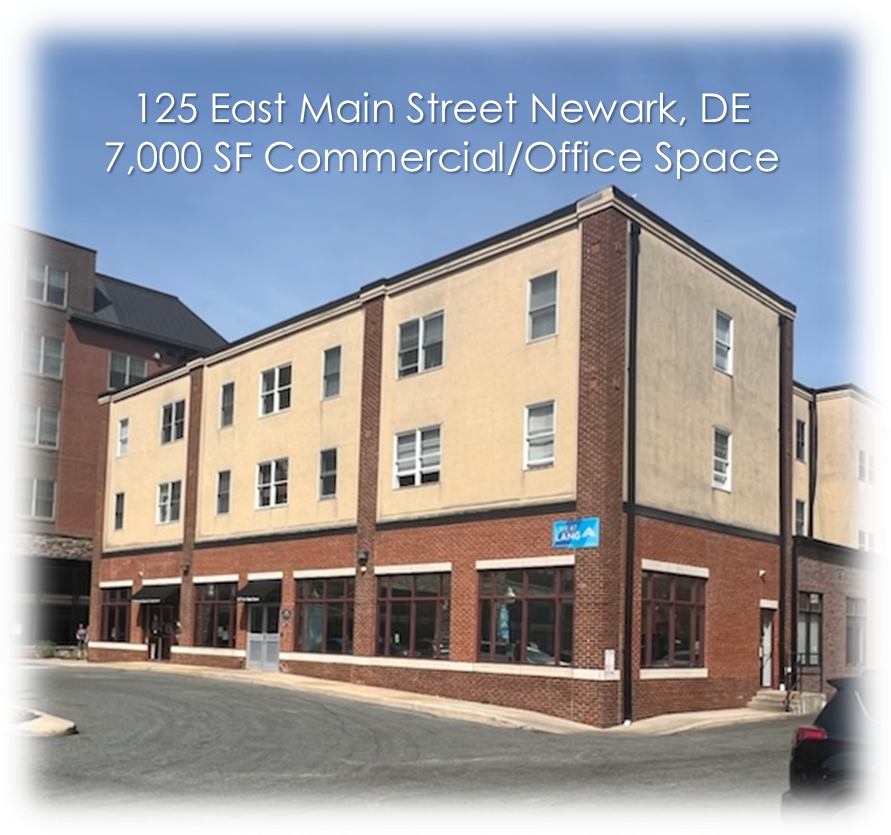In 2016, a New York Times article found that 87% of students lived off campus. Many students choose off campus housing because it provides them more freedom to set their own rules. While looking for an apartment can be a challenge, knowing what you need to consider can make the process easier. Keep the following tips in mind when looking for student housing.
1. Know your budget
Many students have to rely on their parents’ help to pay for a new apartment. Ask your parents what price range they’ll feel comfortable paying before you begin your search for apartments. If financial support from your family is not an option and you will be paying for an apartment on your own, it’s best to avoid paying more than 30% of your monthly income on rent. In addition, you’ll have to be prepared for other costs before you move in. Security deposits are charged by most apartments to cover any possible damage caused while you’re living there.
If you plan to hire a moving company, that will also add to your initial cost. Along with the security deposit and moving, you’ll have to consider the cost of utilities that may be a part of your monthly payments. Determine whether you’ll have to pay for your internet, gas, water, electricity, heating and cooling, and any other essential utilities. Lastly, if you plan on bringing a pet, you’ll likely have to pay an extra fee. Calculate all of these costs to know if you can afford to pay for your apartment on your own, need your parents’ assistance, or need a roommate.
2. Decide whether you want roommates
There are advantages to both living solo and choosing to have a roommate. Living solo, of course, allows you to have space all to yourself and have your apartment arranged however you want. The advantage of having a roommate is it can split the cost, which will save you money, and it potentially opens up your options to nicer looking apartments. If you decide to have a roommate, even if it’s your best friend, it’s important to be sure that you share similar lifestyle preferences. A few examples to consider include how often guests can be entertained, drinking habits, smoking habits, sharing of household items, and other issues that are important to you. It will be helpful in preventing any issues that would make continuing to live in the apartment difficult.
3. Factor in commute
When factoring in commute with your apartment search, you need to know if you’ll be using a car. If you have a car, then it opens up your options of how far your apartment can be from campus. With driving to campus, you’ll also have to know the cost of parking at your school. Some schools require you to get a university parking permit in order to park in certain areas. You should also be mindful of how much gas you’ll be using and the cost that will add depending on how often you drive to campus during the week. If you don’t have a car, it’ll be important to find an apartment that is either within walking distance to campus or has a bus stop nearby.
4. Research the safety of the neighborhood
It’s essential to know that you’ll feel safe in the neighborhood that you’ll be living in. Ask the landlord the history of any incidents or crimes that have occurred in the area. If you’ll be living in a building, determine how people are allowed to get in and out. You can also ask if the locks are changed on a regular basis. Additionally, you can contact the local police department to learn about the crime statistics in the area, and to see if the police recommend the area as safe for students to live in.
Be sure to start searching for apartments as early as possible. Waiting until it’s almost the beginning of the school year will limit your housing options. Considering all of these tips will make it easier to choose an apartment that’s suitable for you.




